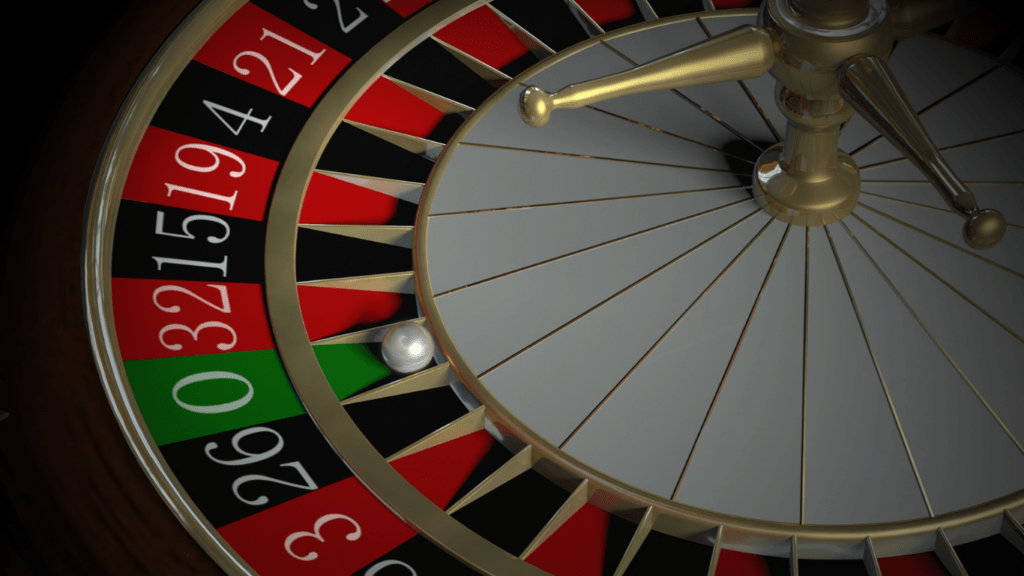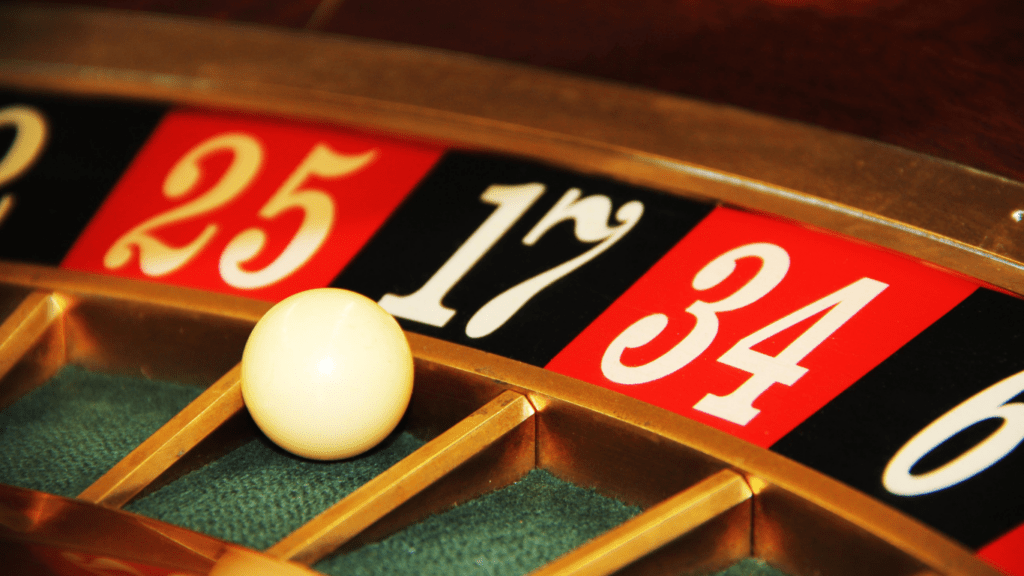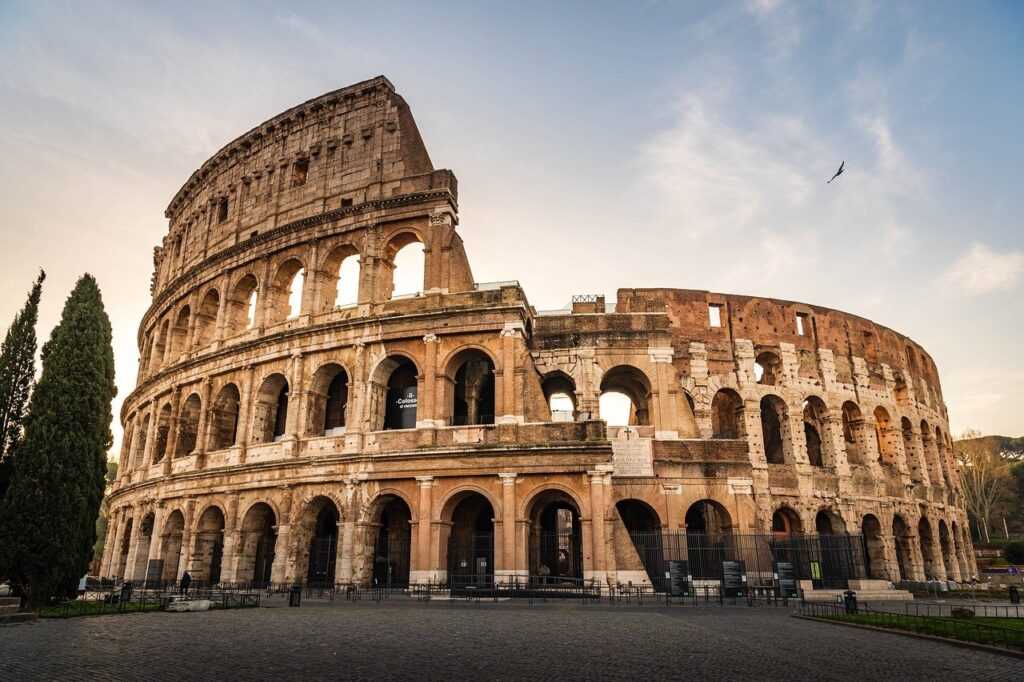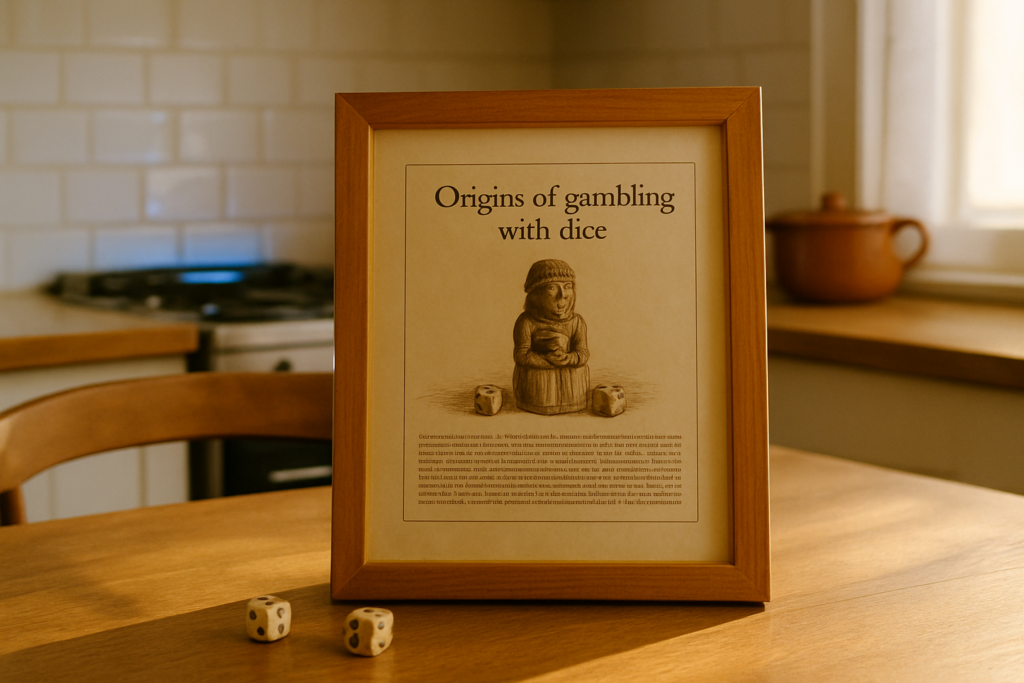Exploring the deep-rooted history of gambling unveils a fascinating narrative of human civilization’s affinity for chance and risk. From ancient civilizations to modern times, the allure of games of chance has transcended cultural boundaries and societal norms. In this historical overview, I’ll delve into the origins of gambling, tracing its evolution through the annals of time.
As I unravel the ancient roots of gambling, we’ll journey through the corridors of history, discovering how various cultures embraced and integrated gambling into their social fabric. From dice games in Mesopotamia to wagering on chariot races in ancient Rome, the practice of gambling has left an indelible mark on the tapestry of human experience. Join me as we uncover the historical significance and cultural impact of this timeless pastime.
Unearthing Ancient Gambling Practices
Delving into the annals of history, I uncover fascinating insights into the ancient origins of gambling practices. From ancient civilizations to classical societies, gambling has left its mark on numerous cultures, shaping social interactions and entertainment dynamics.
Exploring archaeological evidence from different epochs, I unearth a tapestry of gambling activities that span millennia. Ancient Mesopotamians engaged in dice games, while the Greeks embraced knucklebones for fortune-telling and gambling. Moving forward, Romans wagered on chariot races, showcasing the diverse manifestations of gambling across ancient societies.
Tracing the roots of gambling unveils its deep-seated cultural significance, illustrating how these practices were intertwined with societal norms and beliefs. The universal allure of chance and risk-taking transcends time, echoing through the corridors of history and resonating with contemporary gambling dynamics.
Evolution of Gambling through History
Gambling has evolved significantly over the centuries, reflecting the cultural values and practices of different societies. From its early forms of wagering to the development of intricate games of chance, the history of gambling is a fascinating journey through time.
- Early Forms of Wagering
In the earliest stages of human civilization, gambling took shape through simple wagers and bets on various outcomes. Whether through throwing dice, drawing lots, or engaging in rudimentary card games, individuals in ancient societies sought to test their luck and fortunes through these early forms of wagering. These activities not only provided entertainment but also held symbolic and ritualistic importance, often intertwined with religious ceremonies and cultural traditions.
- Development of Games of Chance
As societies progressed, games of chance became more elaborate and structured, offering a wide array of options for gamblers to indulge in. Games like dice, knucklebones, and various card games gained popularity, blending skill with luck to create immersive gambling experiences. The development of these games of chance mirrored the advancements in society, with rules and strategies evolving to accommodate the growing complexity of gambling practices. The intricacies of these games added layers of excitement and challenge for players, setting the foundation for the diverse range of gambling activities we see today.
Influence of Cultural and Social Factors
Exploring the historical roots of gambling reveals its deep entrenchment in various cultural and social contexts throughout the ages. From the ancient civilizations to the classical societies, gambling has been intertwined with cultural practices and societal norms, shaping and reflecting the values of different communities.
During the Roman era, gambling took on various forms, with betting on chariot races being a prominent example. This practice not only served as entertainment but also as a demonstration of social status and power, illustrating how cultural factors influenced gambling behaviors.
As societies evolved, so did gambling practices, adapting to changing cultural landscapes. The development of intricate games of chance like dice, knucklebones, and card games showcased the fusion of skill and luck, catering to the preferences and inclinations of different cultures.
The evolution of gambling over the centuries mirrors the dynamic interplay between cultural values and societal norms, showcasing how gambling activities have been shaped by and adapted to the prevailing cultural milieu. This interaction between culture and gambling persists today, influencing the diversity of gambling practices and preferences across different societies.
In essence, the influence of cultural and social factors on gambling is undeniable, underscoring how gambling has not only reflected but also shaped the cultural narratives and social dynamics of diverse civilizations throughout history.
Societal Impact of Historical Gambling Practices
Exploring the societal impact of historical gambling practices reveals fascinating insights into the intricate relationship between games of chance and cultural dynamics. Gambling has long been intertwined with societal norms, shaping and reflecting the values of different civilizations throughout history.
Cultural Integration:
Integrating gambling into societal frameworks was not merely an act of entertainment but a reflection of cultural values.
For instance, in ancient Rome, the popularity of chariot races as a betting platform showcased the deep-rooted connection between risk-taking and social interactions.
Social Fabric:
The evolution of gambling from simple wagers to elaborate games like dice and cards played a pivotal role in weaving the social fabric of communities.
These games not only entertained but also served as social catalysts, bringing individuals together in shared experiences of chance and fortune.
Norms and Practices:
Gambling practices mirrored societal norms and traditions, offering a lens into the moral and ethical standards of different eras.
The diversity of gambling activities across civilizations underscored the nuanced interplay between cultural values and risk-taking behaviors.
Modern Influence:
The enduring influence of historical gambling practices is evident in contemporary society, where gaming continues to reflect and shape cultural narratives.
Today, the legacy of ancient gambling resonates in modern casinos, online betting platforms, and a myriad of recreational activities that embody the thrill of chance.
Behavioral Patterns:
Studying historical gambling behaviors provides valuable insights into human psychology and decision-making processes.
The exploration of past gambling tendencies offers a glimpse into the timeless allure of risk and reward that transcends cultural boundaries.
Understanding the societal impact of historical gambling practices unveils a profound connection between games of chance and the cultural tapestry of civilizations across time. The enduring legacy of gambling serves as a testament to the universal appeal of risk-taking and the intricate interplay between entertainment, social norms, and cultural identity.



 Bertha Richardonner is the visionary founder of Gamble Wise Roots, a comprehensive platform dedicated to providing news and updates on the gambling industry. With a passion for demystifying the world of casinos, Bertha's expertise shines in simplifying casino basics, offering insights on understanding odds, and exploring the evolution of casino games.
Her deep dive into the origins of betting uncovers the cultural and historical roots of gambling, helping players make more informed decisions. Through Gamble Wise Roots, Bertha empowers enthusiasts with knowledge and a thoughtful approach to gaming.
Bertha Richardonner is the visionary founder of Gamble Wise Roots, a comprehensive platform dedicated to providing news and updates on the gambling industry. With a passion for demystifying the world of casinos, Bertha's expertise shines in simplifying casino basics, offering insights on understanding odds, and exploring the evolution of casino games.
Her deep dive into the origins of betting uncovers the cultural and historical roots of gambling, helping players make more informed decisions. Through Gamble Wise Roots, Bertha empowers enthusiasts with knowledge and a thoughtful approach to gaming.
